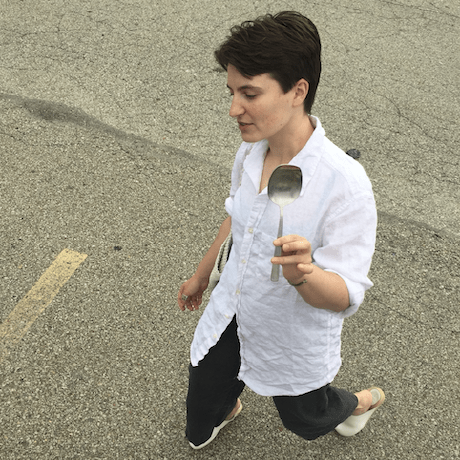
Works in progress
- C.A. Bergey*, B. Morris* & D. Yurovsky. Language selectively encodes atypical features of the world. preprint.
- A. Ji, C.A. Bergey, R. Eliav, Y. Artzi & R.D. Hawkins. Ad hoc conventions generalize to new referents. preprint.
- C.A. Bergey & S. DeDeo. From "um" to "yeah": Producing, predicting, and regulating information flow in human conversation. preprint.
Journal articles
- P. Tsvilodub, R.D. Hawkins, C.A. Bergey, N.D. Goodman & M. Franke (2025). Relevant answers to polar questions. Philosophical Transactions of the Royal Society B.
- C.A. Bergey & D. Yurovsky (2023). Using contrastive inferences to learn about new words and categories. Cognition.
- M. Zettersten, D. Yurovsky, … , C.A. Bergey, M.C. Frank (2022). Peekbank: An open, large-scale repository for developmental eye-tracking data of children’s word recognition. Behavior Research Methods.
- C. Bergey, Z. Marshall, S. DeDeo, & D. Yurovsky (2022). Learning communicative acts in children's conversations: a Hidden Topic Markov Model analysis of the CHILDES corpora. Topics in Cognitive Science. Awarded the Cognitive Science Society Prize for Computational Modeling in Language.
Selected proceedings papers
- H. Schmidt, C.A. Bergey, C. Zhou, C. Helion & R.D. Hawkins (2025). Dynamics of topic exploration in conversation. Cognitive Science Society Meeting.
- C.A Bergey, M. Casillas, D. Messinger & R.Z. Sparks. Naturalistic observation of language development outside the home. Cognitive Science Society Meeting.
- C.A. Bergey, M.E. O'Keeffe & R.D. Hawkins (2024). A longitudinal analysis of children's communicative acts. Cognitive Science Society Meeting.
- C. Bergey*, B.C. Morris* & D. Yurovsky (2020). Children hear more about what is atypical than what is typical. Cognitive Science Society Meeting.
* denotes joint first authorship
My work
The language we use does not reflect the world; it selectively picks out remarkable facets of it. Given this, how do we use language to learn about the world? Some of my projects have investigated how parents selectively remark on the world to young children, and how children learn from this selective description; how adults interpret description to make inferences about new categories; and how selective description affects computational models' representations of word meaning.
Children rapidly expand the types of meaning they can convey and interpret, going from using single words and gestures to convey what they notice or need to a fully-fledged communicative repertoire. Another line of my work centers on better characterizing this proliferation of meaning over development using computational modeling, examining language development as a process of acquiring not just words or grammar but communicative ability.
I am currently a postdoc in the Social Interaction Lab with Robert Hawkins at Stanford. I did my PhD at the University of Chicago working with Dan Yurovsky and the Susan Goldin-Meadow.